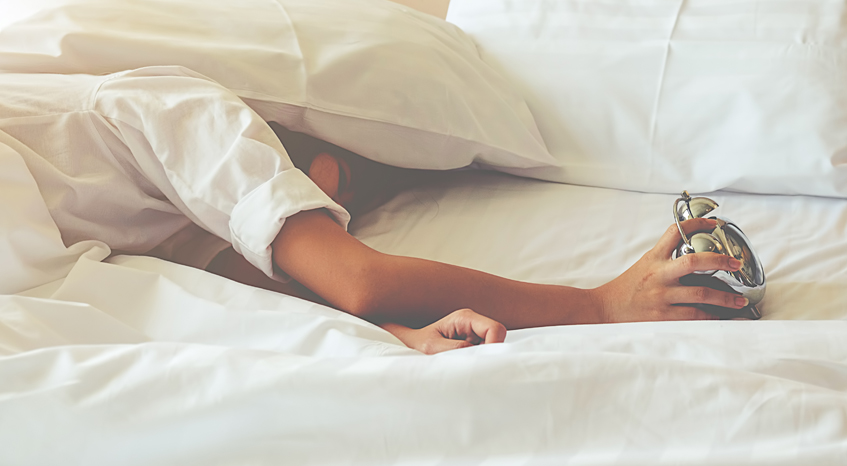To sleep, Or Not To Sleep? That Is The Question.

By Ian Squires, Housemaster (Propert House)
A great boarding school life should be busy. A range of experiences and full involvement are very much a part of the DNA of residential life. Study hard, play hard. These are all terms that have value, are indicative of modern boarding life, and society in general. However, this lifestyle needs to be fuelled and a good diet, exercise, mindfulness and an awareness of our health and wellbeing are key to this.
One key aspect that underpins and supports all of this, and which is often undervalued in teenagers, is sleep.
But why is it so important?
Sleep research suggests that a teenager needs between eight and 10 hours of sleep every night. This is more than the amount a child or an adult needs. Yet most adolescents only get about 6.5 – 7.5 hours’ sleep per night, and some get less.
Victoria Health states a number of such reasons in a recent article on teenagers and sleep:
- Hormonal time shift – puberty hormones shift the teenager’s body clock forward by about one or two hours, making them sleepier one to two hours later. Yet, while the teenager falls asleep later, early school starts don’t allow them to sleep in. This nightly ‘sleep debt’ leads to chronic sleep deprivation;
- Using screen based devices – smart phones and other devices used around bed-time reduce sleep time;
- Hectic after-school schedule – homework, sport, part-time work and social commitments can cut into a teenager’s sleeping time;
- Leisure activities – the lure of stimulating entertainment such as television, the internet and computer gaming can keep a teenager out of bed;
- Light exposure – light cues the brain to stay awake. In the evening, lights from televisions, mobile phones and computers can prevent adequate production of melatonin, the brain chemical (neurotransmitter) responsible for sleep;
- Vicious circle – insufficient sleep causes a teenager’s brain to become more active. An over-aroused brain is less able to fall asleep;
- Social attitudes – in Western culture, keeping active is valued more than sleep;
- Sleep disorder – sleep disorders, such as restless legs syndrome or sleep apnoea, can affect how much sleep a teenager gets.
So what do we do at ECiM to support this with our boarders? We have taken a number of recent steps to address these issues:
- Allow our boarders to sleep in on the weekends – it allows them to recharge with a later start on Saturdays and a very slow start on Sundays;
- We have an early night every Sunday. A late night on Sunday followed by an early Monday morning makes our boarders drowsy for the start of the school week;
- Within reason, we limit any stimulating activity such as homework or screen time before bedtime. There is a clear time to relax after Prep and before sleep. Avoid early morning appointments, classes or training sessions for your child if possible;
- Tutors and House staff monitor the pupils’ weekly schedule to see if they are overcommitted and we trim activities if they are;
- We encourage pupils to avoid screens such as computers, TV or smartphones, loud music, homework or any other activity that gets their mind racing before bedtime – in the Junior Houses this means handing in devices to their HMMs;
- Avoid stimulants in the evening like coffee, tea, soft drinks and energy drinks;
- We keep the bedroom dark at night and the associated areas;
- We have a bedtime routine every night which helps the brain associate this process with going to sleep;
- We ensure the boarders are active during the day so they are more physically tired at night;
- The boarders receive a regular wake-up time, which becomes normalised after time.
So it seems the old adage ‘the best things in life are free’ has some truth. Sleep certainly costs nothing, is transformative and is one after-school activity we should all sign up for!